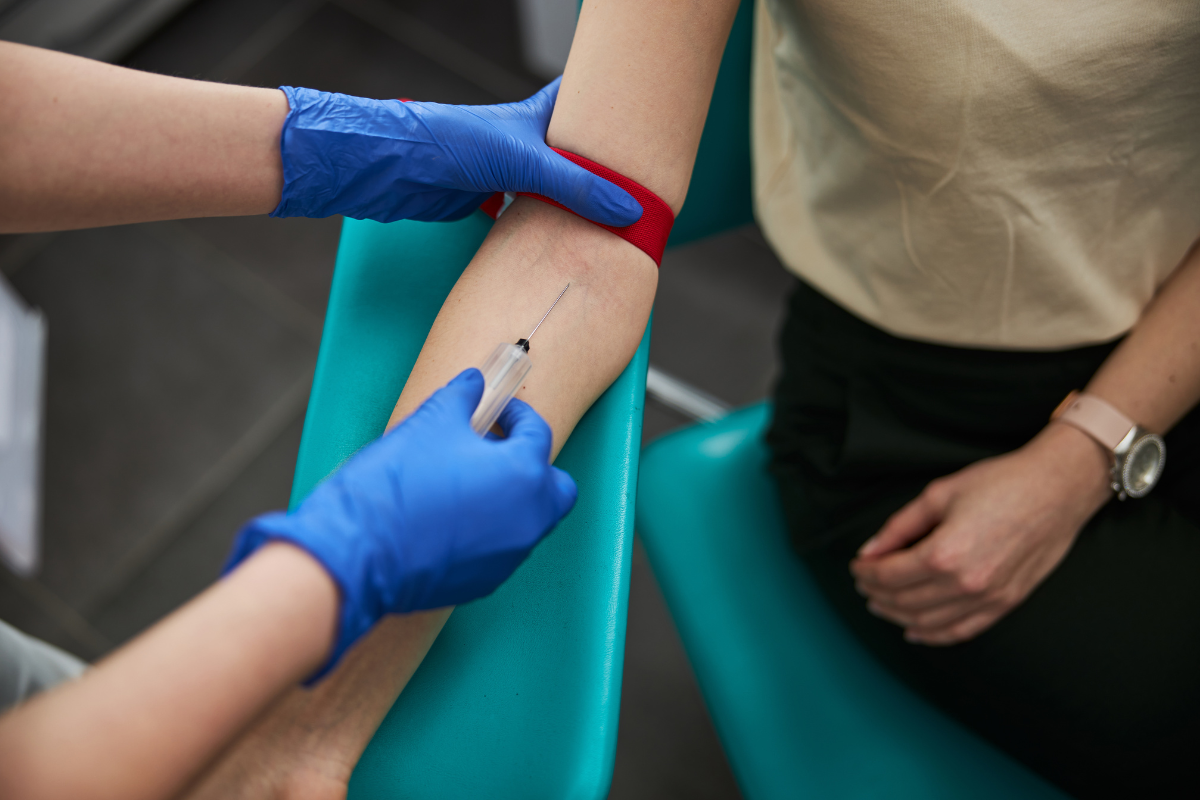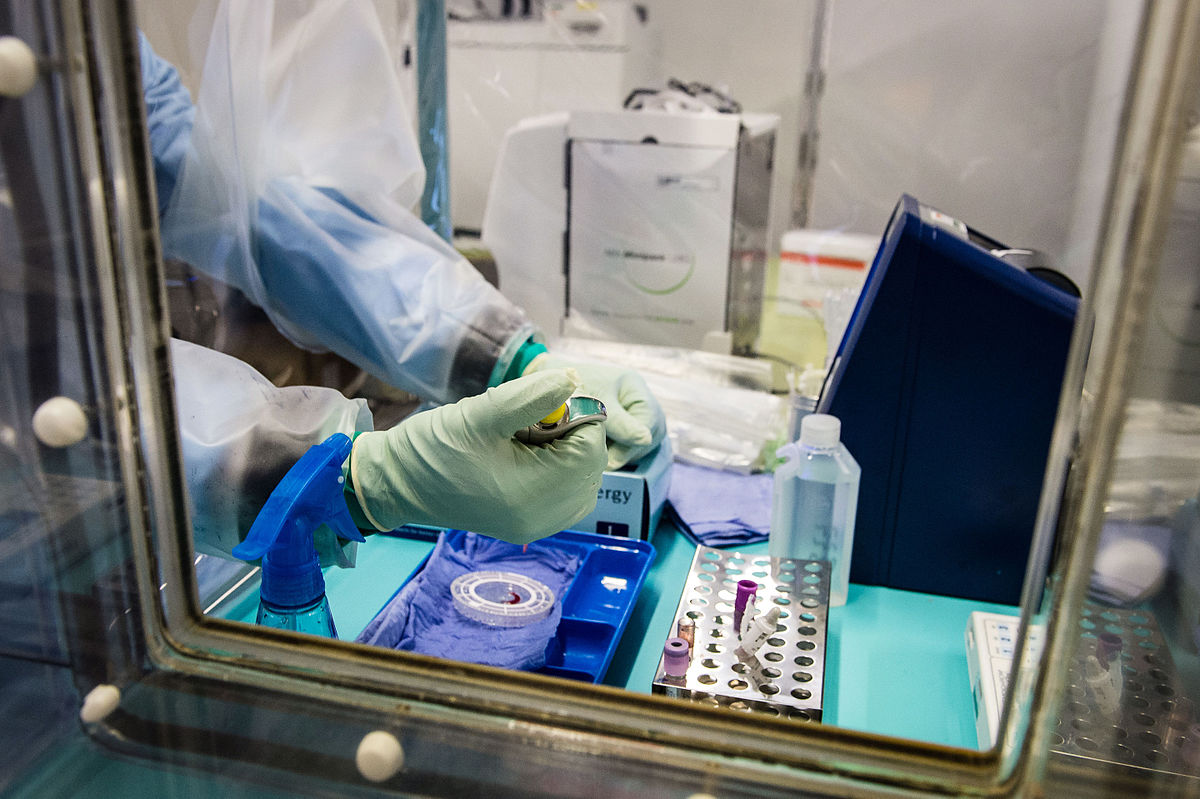FDA Approves Merck-Developed KEYTRUDA for Non-Small Cell Lung Cancer Therapy

Merck MSD have announced that the FDA has approved their KEYTRUDA immunotherapy for adjuvant non-small cell lung cancer treatment.
The therapeutic — also known as pembrolizumab — has been developed for adjuvant treatment following surgery and chemotherapy for patients with stage IB, II or IIIA non-small cell lung cancer.
KEYTRUDA is an anti-programed death receptor-1 (PD-1) therapy that works by increasing the ability of the body’s immune system to help detect and fight tumour cells.
Currently there are more than 1,600 ongoing trials studying KEYTRUDA across a wide variety of cancers and treatment settings.
Clinical programs seek to understand its role across cancers and investigate the factors that may predict a patient’s likelihood of benefitting from treatment with KEYTRUDA, including the exploration of several different biomarkers.
Lung cancer is one of the leading causes of death worldwide: in 2020 alone, there were more than 2.2 million new cases and 1.8 million deaths from lung cancer globally.
Non-small cell lung cancer is the most common type, accounting for ~81% of all cases.
Early detection and screening remains an important unmet need, as 44% of lung cancer cases are not detected until they are advanced.
Biomarker testing for lung cancers enables researchers to investigate levels of specific proteins in tumours, facilitating the application of targeted therapies such as KEYTRUDA.
Testing can also reveal levels of PD-L1 (programmed death-ligand 1), which can predict if a patient may benefit from immunotherapy.
The new FDA approval was based on data from a phase III trial: the major efficacy outcome measure was investigator-assessed disease-free survival (DFS).
In patients who received adjuvant platinum-based chemotherapy following surgical resection, KEYTRUDA reduced the risk of disease recurrence or death by 27%.
Roy S. Herbst, M.D., Ph.D., deputy director and chief of medical oncology, Yale Cancer Center and Smilow Cancer Hospital and ensign professor of medicine (medical oncology) and professor of pharmacology, Yale School of Medicine, was quoted in a press release from Merck MSD as saying the announcement marked a ‘new, important immunotherapy treatment option’.
“While there have been many advances for patients with metastatic disease, surgery remains the typical treatment for people with stage IB, II and IIIA non-small lung cancer,” said Herbst.
“[This approval]... provides an adjuvant immunotherapy treatment option for non-small cell lung cancer patients with stage IB disease, regardless of PD-L1 expression.”
Get your weekly dose of industry news and announcements here, or head over to our Biomarkers portal to catch up with the latest advances in cellular therapies.







